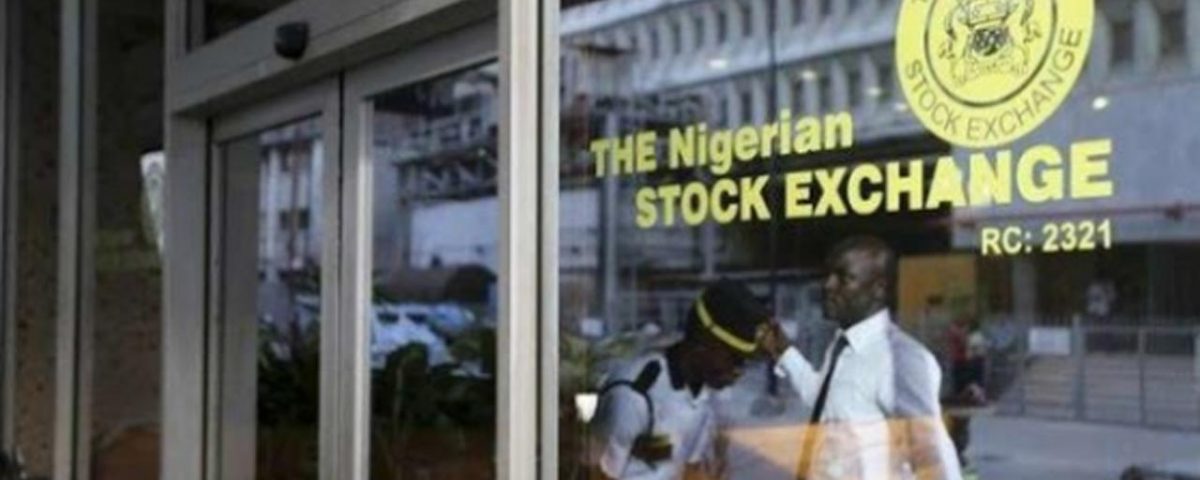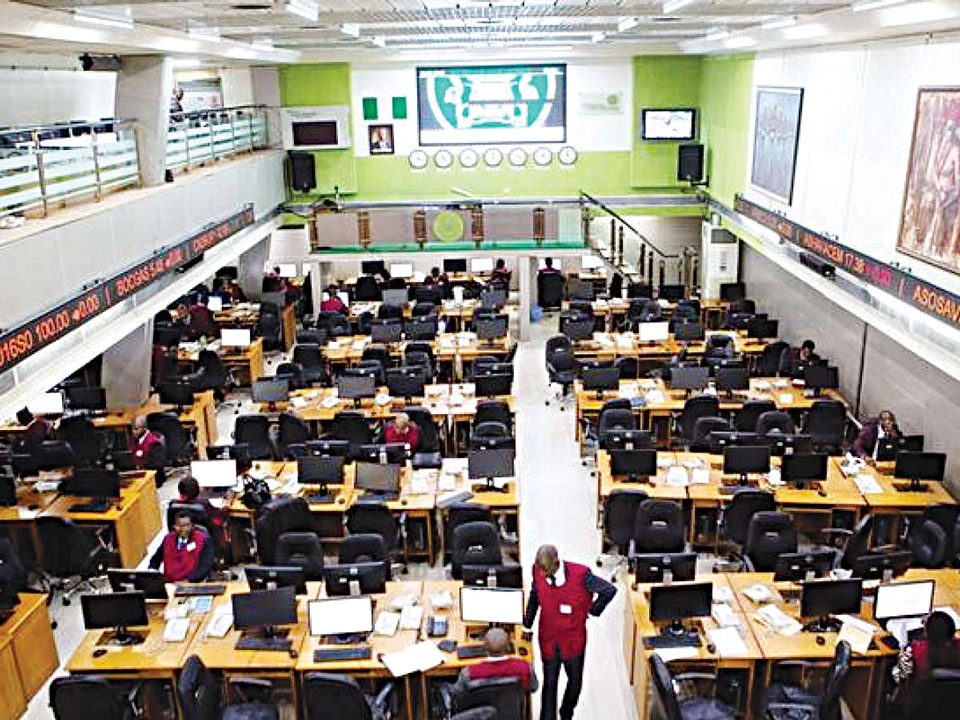Nigeria Update: Investors worry over stagnation in prices of insurance stocks

Nigeria Update: Investors worry over stagnation in insurance share prices
March 5, 2018
Nigeria Update: Seplat, Unilever, others buoy NSE All-share index by 0.2%
March 7, 2018Sector’s capitalisation dips by N6bn in one month
Worried about the free fall in the shares of insurance companies on the nation’s bourse, capital market investors have stressed the need for the industry regulator, and professional bodies to intensify efforts at mitigating the challenges causing the sub-optimal performance of the sector in Nigeria.
The investors, who expressed dismay on the level at which their investment depreciates in value on the Nigerian Stock Exchange (NSE), called for a review of some laws regulating the affairs of the industry.
According to them, a holistic review of industry laws as well as devising new ways to approach insurance in Nigeria, would enhance optimum efficiency in operations of the practitioners and forestall further stagnation in their share prices.
At the end of last week’s transactions, five insurance stocks recorded price depreciation. Specifically, Sovereign Trust Insurance led the losers’ chart with 20.83 per cent to close at N0.38 per share. Unic Diversified Holdings followed with 18.52 per cent to close at N0.22 per share.
African Alliance Insurance shed 14.23 per cent to close at N0.36 per share. Royal Exchange dropped 11.43 per cent to close at N0.31 per share. Standard Alliance also lost 8.33 per cent to close at N0.44 per share.
Furthermore, the investors argued that many listed insurance companies have poor corporate governance structures, noting that this poor management translates to non-payment of dividends mostly due to negative retained earnings.
The insurance stocks capitalisation on the NSE dropped N6billion within a month following the implementation of the new pricing methodology.
The NSE, on January 29, began the implementation of the one kobo rule from an initial floor of 50 kobo per share, meaning stocks can now trade at a minimum of one kobo per share.
The new pricing rule will see the prices of over one third of the quoted companies falling to as low as one kobo after the initial floor price of 50 kobo was removed.
The insurance stocks trading below 50 kobo are African Alliance Insurance, Cornerstone Insurance, Equity Assurance, Goldlink Insurance, Guinea Insurance, Consolidated Hallmark Insurance, Lasaco Insurance.
Others are Mutual Benefit Insurance, Niger Insurance, Prestige Assurance, Regency Assurance, Sovereign Trust Assurance, Standard Trust Assurance, Standard Alliance Insurance, Unic Diversified Holdings, and Unity Kapital Assurance.
Despite its importance for economic development, the gross premium collected by insurance companies in Nigeria is about $1.9billion compared to the $3.8billion collected in South Africa.
Also, comparing the sectors contributions to GDP with its peers in other emerging market, the insurance industry contributes 17 per cent in Kenya, and 3.4 per cent in South Africa.
Regrettably, the Nigerian insurance industry contributes a meagre 0.73.4 per cent the nation’s GDP.
Reacting to the development, the Founder, Independence Shareholders Association of Nigerians, Sir Sunny Nwosu, in a telephone interview with The Guardian maintained that insurance regulators must find ways to tackle the ills impeding success of the sector.
“The regulators and management of these insurance companies must find out what is happening. They have their financials; they should know what is happening, whether it is the balance sheet that is dragging them back or debt issue or lack of research and development. They should not fold their hands and watch them.”
The President, Constance Shareholders Association, Mallam Shehu Mekail, said regulators must review exiting laws regulation the sector, and ensure that the board and management operate with level of transparency and accountability.
He pointed out that insurance services in the country have a very low level of penetration, stressing the need for more awareness campaign for insurance products in Nigeria.
The Co-founder, Noble Shareholders Association, Gbadebo Olatokunbo, explained that only few insurance companies have been paying dividend to shareholders since after the 2007-2008 financial crisis.
“In the USA, it is the insurance companies that own the banks, and they have liquidity, but here, people are not yielding to them; we take a lot of risks here.
“The negative attitude of Nigerians might not be unconnected to the poor attitude of the insurers as regards non-payment of claims. Some insurance companies default in payment of claims, which has adversely affected the image of the industry, and consequently the confidence in insurers. The regulatory authorities must sit up.”

